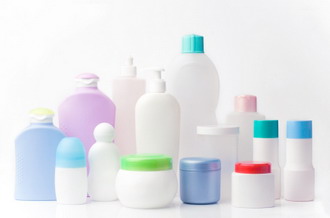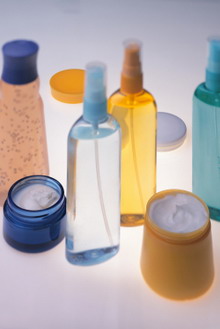
What is BPA and why BPA “Free”.
BPA is a compound know as Bisphenol A and has been used to make polycarbonate plastic and epoxy resins since the 1960s. It was discovered in 1891 by Russian chemist, Aleksandr Dianin. By the 1930s a British chemist, Charles Edward Dodds, identified BPA recognized is as an artificial estrogen. It was originally used to enhance the growth of cattle and poultry and in the mid 1930s and it was used briefly as hormone replacement therapy for women. Since it displays properties similar to hormones, this raises concern about safety being used in some consumer products and food containers. In 1997 there was evidence of adverse affects of exposure on laboratory animals and then updated studies were finding possible health connections to BPA during pregnancy and infant development.
Some of the items in which BPA can be found are baby bottles, water bottles, linings of cans, eyeglasses, CDs, DVDs, cell phones, many electronic devices, automobiles, airplanes and some medical equipment.
According to a report dated 2010 from the Food and Drug Administration (FDA) http://ow.ly/gkbyy it warns of possible hazards to fetuses, infants and young children. According to Martin Mittlestaedt, Globe and Mail (Canada) (http://ow.ly/gkbIF). Canada became the first country in 2010 to declare BPA a toxic substance. In an article by Jon Hamilton, July 17, 2012, http://ow.ly/gkbRs , “The FDA announced it has formally banned BPA from sippy cups and baby bottles.” In an article by Katherin Zeratsky, The Mayo Clinic, (http://ow.ly/gkdm), “The American Chemistry council, which represents the plastics manufacturers, contends BPA doesn’t pose a risk to human health. But the National Toxicology Program at the Department of Health and Human Services says it has “some concern” about the possible health effects of BPA on the brain, behavior and prostate gland of fetuses, infants and children.”
By limiting your exposure to items you use on a daily basis that contains BPA you are helping to insure safer health.
These are some ways to limit your exposure to BPA:
- Avoid using old and scratched plastic bottles.
- Use products with recycling labels that have #1, #2, and #4, which do not contain BPA.
- Use glass versions of baby bottle or find plastic baby bottles stated to be BPA free.
- Limit canned food consumption of products.
- Buy fresh foods or frozen vegetables.
- Don’t microwave plastics or fill them with hot liquids, unless they are BPA free.
- Use stainless steel bottles without plastic linings.
- Avoid canned or prepared foods.
In conclusion, the choice is yours to use BPA free products.
